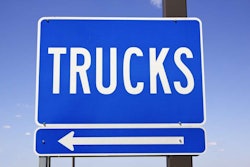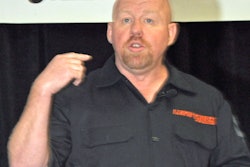Brinker International and other California employers must provide workers with time off for meal breaks, although they don’t have to make sure the employees aren’t working, the California Supreme Court said Thursday, April 12.
The California Trucking Association said the San Francisco-based court’s ruling means that, without relief from federal courts or the California Legislature, California truck drivers will have to take a 30-minute meal break within the first five hours without regard to traffic conditions or the availability of locations to legally pull off the road.
California laws require employers to provide hourly workers meal and rest break or give them extra pay. Workers rights groups, seeking to discourage employers from understaffing, had argued that companies must be required to make sure their employees take breaks. “Brinker is very pleased with the California Supreme Court’s ruling,” said Roger Thomson, general counsel at Brinker, which oversees the Romano’s Macaroni Grill and Chili’s restaurant chains.
The decision addressed several different rulings by lower California courts over how to interpret the state’s meal-break law. In another case brought by truck drivers against a warehousing company, a Sacramento-based court had ruled that companies were required to make sure that workers were relieved of duty.
“For California highly-skilled truck drivers, these rules create daily challenges from a highway safety standpoint,” said Michael Shaw, CTA vice president of external affairs. “Responsible trucking companies already know the value of ensuring drivers are properly rested and allowed time to eat.”
Trucking companies already comply with strict federal laws that were recently amended to increase time to rest, said Shaw, referring to the Federal Motor Carrier Safety Administration’s recent revision of the hours-of-service rule, now facing its own legal challenges.
“The California rules at issue in the Brinker case only make highway safety harder to achieve,” he said.









